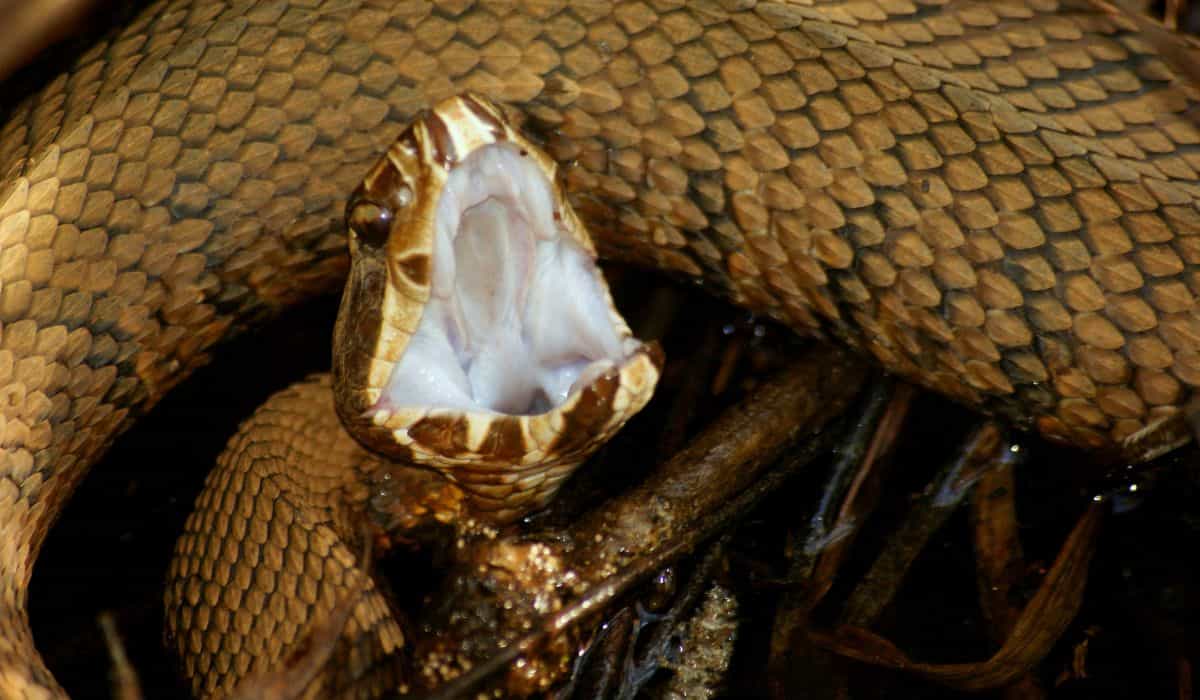
Biologist João Miguel Alves Nunes conducted a daring study to understand the defensive behavior of jararacas, venomous snakes found in South America.
The Brazilian researcher from the Instituto Butantan intentionally stepped on snakes 40,000 times, simulating threatening situations to analyze their reactions. In an interview with Science magazine, João Miguel emphasized that he stepped on or very close to the animals with special protective boots and did not put much weight on his foot to avoid injuring the snakes.
The biologist discovered that factors such as size, sex, life stage, temperature, and time of day significantly influence the likelihood of a defensive bite.
The research challenged the popular belief that jararacas only bite when stepped on. Although this can happen, the study revealed that young females are more aggressive and more likely to bite during the day and at higher temperatures.
The study, conducted with 116 snakes under controlled conditions, also showed that the area of the body touched influences the defensive response, with touches to the head resulting in a higher probability of a bite.
These findings have important implications for public health, especially in areas where the Bothrops jararaca is common, such as in São Paulo, Brazil. Understanding the factors that increase the risk of a bite can help better target the distribution of antivenom and develop more effective prevention strategies.
Click here to view the research
Source: ZME Science
This content was created with the help of AI and reviewed by the editorial team.
View this post on Instagram

